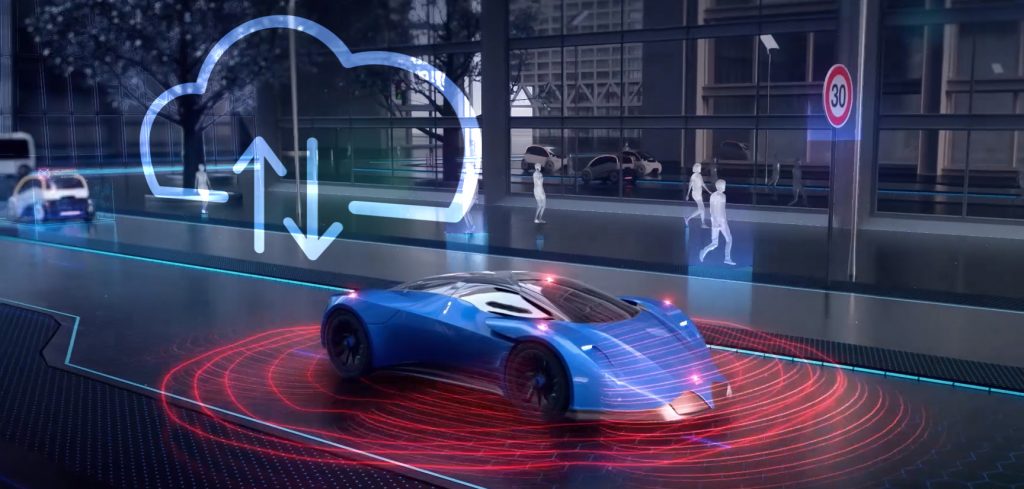Simulation specialist dSpace will now offer customers its solution for data-driven development of advanced driver assistance systems (ADAS) and autonomous driving (AD) on the Microsoft cloud-computing platform Azure. The company will work with Microsoft to offer research and development engineers in the automotive industry an end-to-end solution that is scalable, secure, efficient and agile.
The development of ADAS/AD functions relies on capturing large volumes of data from the vehicle perception sensors, buses and networks, and on generating simulated scenarios to analyze the behavior of the software, individual systems, subsystems as well as complete, integrated systems. The incoming data has to be enriched to a usable format, and it must be easy to distribute to teams working on AI-based development, data replay as well as simulation and validation tasks. This requires a powerful, flexible, and centralized data storage system, as well as a scalable and computational infrastructure with AI- and ML-based tools that can run seamlessly in the same environment.
dSpace says its collaboration with Microsoft will address these requirements, harnessing the latter’s global, open and scalable cloud platform that allows businesses to innovate while meeting their security, privacy and compliance requirements. It hopes that this will achieve an integrated end-to-end solution for data-driven development, allowing automotive OEMs and suppliers to focus on algorithm development to meet their time-to-market project goals.
“We combine our comprehensive and mature simulation portfolio with the highly scalable computational infrastructure of Microsoft Azure so that our customers can take full advantage of best-in-class solutions of both areas,” said Tino Schulze, executive vice president, automated driving and software solutions at dSpace.
“Collaborating with Microsoft will enable us to further expand our expertise in the areas of cloud computing and big data. Together, we will tackle the challenges of our automotive customers, supporting them in getting self-driving cars on the road faster,” added Martin Goetzeler, CEO of dSpace.


